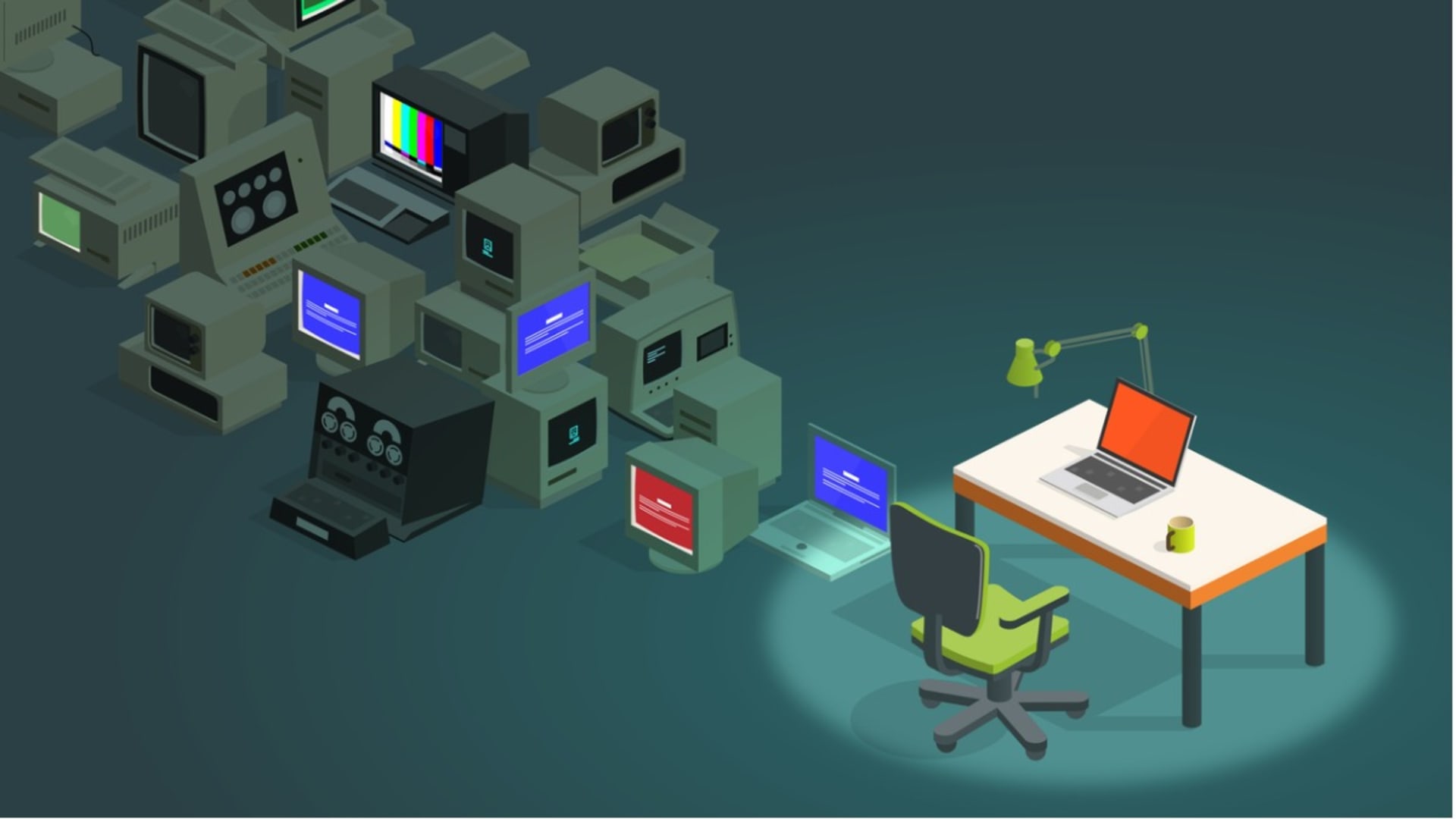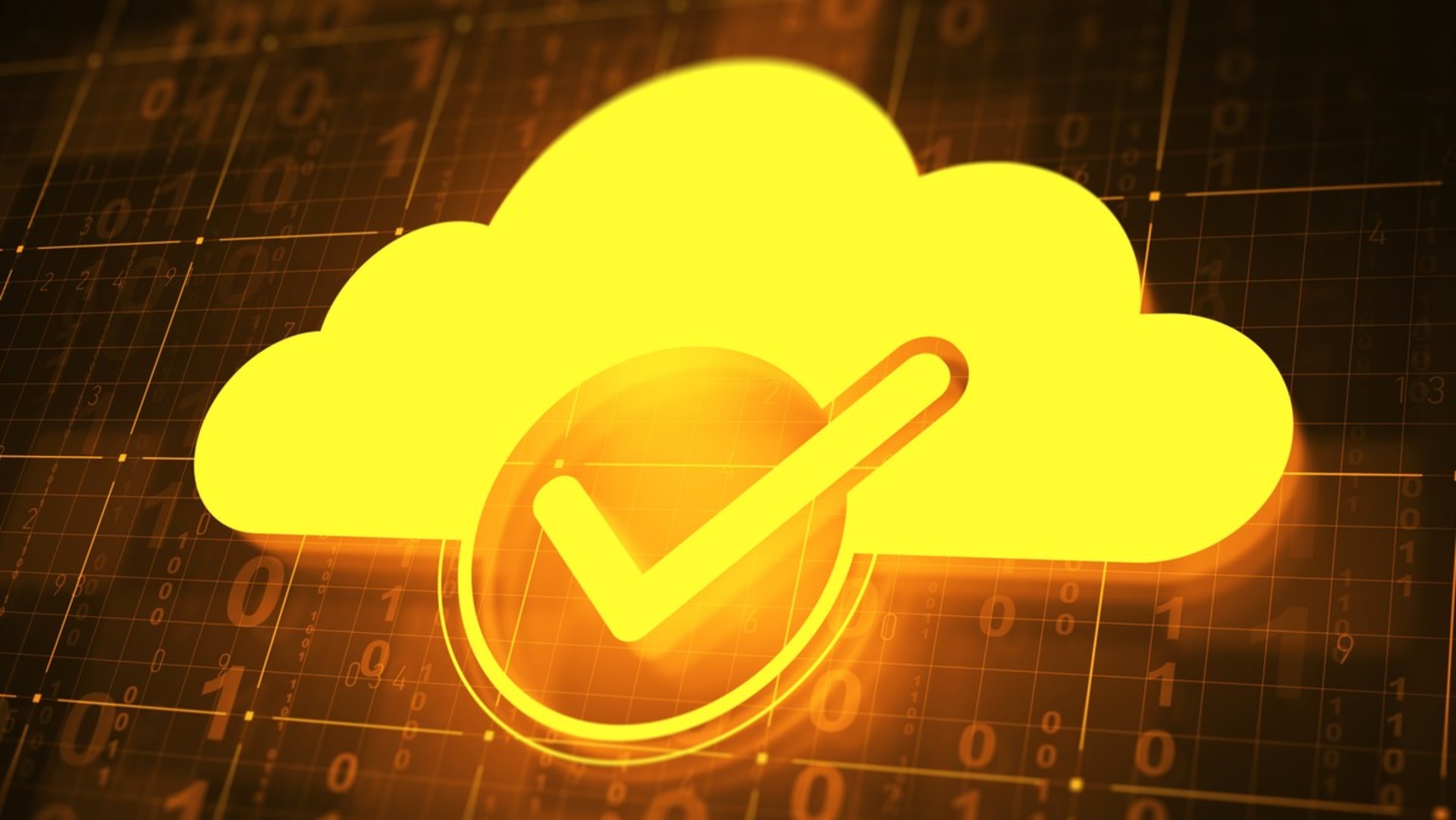As remote teams become more common, it’s important to understand what they need to function well from a technology perspective. Of course, each team is unique but there are a few critical components that are common, including communicating among team members and with those outside the company, staying organized, and keeping in close contact with customers.
Each of these functions requires specialized software, yet each business unit having its own system can get in the way of cross-departmental collaboration. So, businesses must consider overall integration throughout the enterprise when determining which applications to use. In other words, they must consider which enterprise software will help each team within the enterprise meet their goals.
Here at BairesDev, we help companies develop and improve their enterprise software and understand very well how it can transform business operations. Below, we describe how each type of enterprise software can contribute to meeting company-wide objectives and achieving ever-greater success.
What Is Enterprise Software?
Enterprise software is software that can be used throughout an entire enterprise, including big companies, governmental organizations, or nonprofit groups. It’s characterized by integration across departments, such as manufacturing, sales, and marketing. Enterprise software is available as commercial off the shelf (COTS) software or can be customized for a specific organization’s needs.
Some of the most common enterprise software include the following:
1 Conference and Video Calling
At the heart of remote work is the ability to remain cohesive in ideas and goals. Conference calls and video meetings support team members in building this cohesiveness and staying focused. The technology that makes these meetings possible should ideally have the following components:
- Multiple device support
- Screen sharing to enable teams to discuss common information sources
- Call recording and automatic transcription to reference later or send to those unable to attend a meeting
- Monitoring of time spent talking versus listening to ensure all team members’ voices are heard
- Chat function so meeting participants can engage in side discussions
- Other participation features, such as emotion or hand-raising icons to mimic in-person engagement
- Branding features to help those outside the company feel comfortable with the video environment
2 One-to-One Calling and Messaging
Just as important as group meetings are one-to-one communications in which colleagues can brainstorm or ask each other questions. The technology that’s most helpful for these functions typically has the following features:
- Presence information so team members know who is available for a call or chat
- Ability for team members to communicate easily in real time
- Ability to create channels to use for specific topics
- Ability to search within chat history to find information within past discussions
- File transfer to help participants in a chat easily show what they’re discussing
- Group chat to enable groups to have impromptu meetings
- Video chat for one-on-one calls that are more like in-person meetings
3 Discussion Forums
Some discussion topics don’t require immediate action, but are instead ongoing conversations, such as in the case of developing new initiatives. Rather than take team members’ time away from their regular work for more group meetings, leaders can initiate discussions on forms that members can participate in as they have time. Here are some of the attributes to look for when investigating this type of software:
- Ability to segment discussions into specific topics
- Ability to send notifications for new messages in discussion groups team members are following
- Access across a variety of devices so team members can participate at their convenience
- Robust search functionality
- Private messaging so participants can engage in offline discussions
4 File Storage and Sharing
A well-organized file storage system is a must for teams, especially those with multiple members collaborating on documents. Good file storage and sharing systems typically include the following components:
- Version history helps keep critical content in case it’s needed later in the production process
- Ability to share documents in a video call for collaboration
- Ability to attach task reminders to documents to ensure they move seamlessly through the development process
- Dashboards to help team leaders monitor permissions and other system information
- Password protection helps with zero trust security policies
Built-in data recovery ensures information stays safe in case of data losses or security breaches
5 Project Management Tools
Making sure team members know what they need to be working on and keeping them productive is critical for making good progress and reaching project milestones. The following features within enterprise project management software are useful:
- Resource management to estimate project costs and skill needs
- Risk management to help minimize the impact of potential problems during projects
- Milestones and dependencies to keep track of a project’s progress
- Time tracking to ensure projects stay on schedule and on budget
- Ability to schedule reminders that can be checked off once the task is completed
- Relevant notifications to all team members
- Automation of recurring tasks
6 CRM
The ability to maintain regular contact with customers is critical. Customer relationship management (CRM) software is useful for knowing where customers are in the sales cycle and understanding their purchasing history to help them when they call with an issue. CRM software commonly includes the following attributes:
- Contact management, including contact information like names, email addresses, and phone numbers
- Interaction tracking to help users remember customer contacts as well as their concerns
- Lead management to help users follow up with prospects
- Integration with other enterprise software, such as email programs, to make connecting easy
- Management of proposals and other documents to keep everything within larger customer files
- Reporting to track the number of prospects, calls, and sales and forecast projected trends
7 ERP
Maintaining operations throughout the enterprise is also critical for supporting remote teams. Doing so ensures that processes are streamlined and integrated across company divisions such as finance, HR, and procurement. Enterprise resource management (ERP) software with the following features can enable consistent and reliable operations:
- Integration across departments, such as an order being generated in sales that is automatically sent to fulfillment
- Analytics to help company leaders understand valuable business intelligence trends
- Reporting to help users understand the “snapshot” view of company operations at any time
- Some ERP systems incorporate CRM, sales, marketing, or HR functions
At BairesDev, we can help you come up with the enterprise software you need, customized to your operations and workflow. We have years of experience developing custom enterprise solutions for companies all over the world and have in-depth knowledge of solutions for remote and distributed teams. So, if any of the options outlined above are interesting to you, then give us a call.












